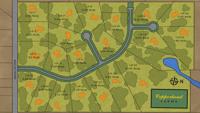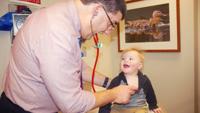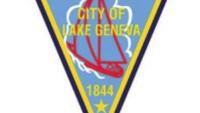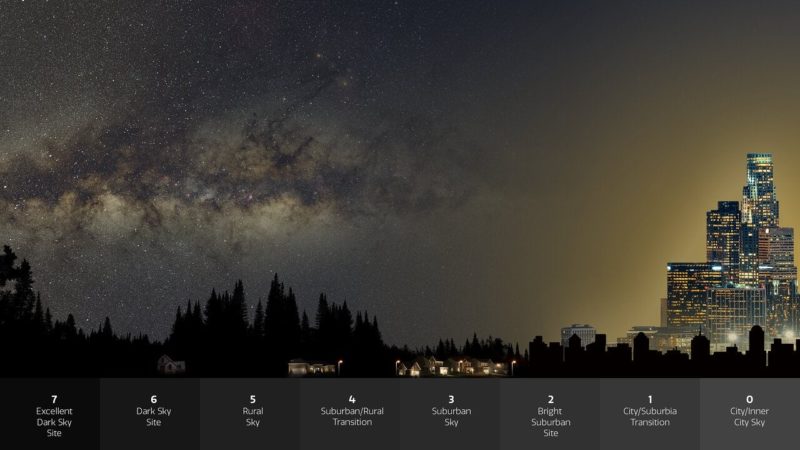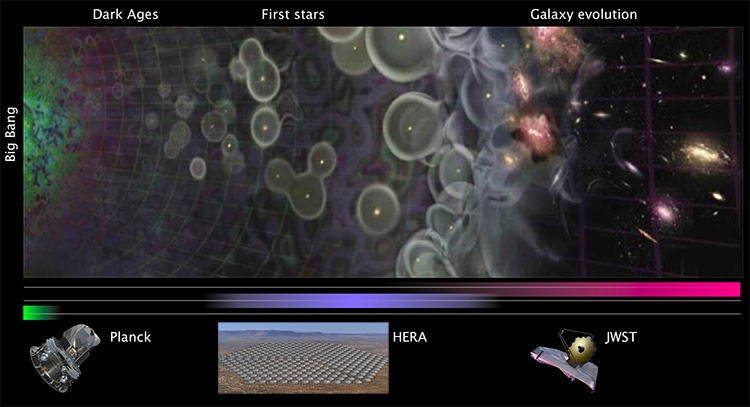WILLIAMS BAY — The Geneva Lakes Astrophysics and STEAM group has been recognized by the largest astronomy organization in the world, and has joined a league of astrology offices connected around the globe.
Yerkes education group linked to global astronomy network – Lake Geneva Regional News
Yerkes education group linked to global astronomy network
The International Astronomical Union designated GLAS and three other organizations Jan. 29 as the North American Regional Office of Astronomy Development during a signing ceremony at the South African Astronomical Observatory in Cape Town, South Africa.
The creation of the new regional office − which in addition to GLAS includes the Adler Planetarium, Associated Universities Inc. and the Association of Universities for Research in Astronomy – makes it the 11th office of this kind designated by the international group.
It is the first such designation in North America.
Regional offices throughout the world in places like China, Ethiopia, Netherlands, and Zambia all collaborate to foster educational opportunities, exchange resources and cultivate a network of experts.
In its first year of operation, the North American regional office will be working to assess the needs of the region and to generate a strategic plan to support local and global goals. The group will be considering avenues for educating and creating economic development opportunities for marginalized groups, such as GLAS’s programs for the blind and visually impaired.
While major actions from the office may not roll out until a plan is established, GLAS representative Deb Kaelbli said there are opportunities the new partnership could bring much sooner.
Kaelbli said connections with the other regional offices could generate teacher exchanges or international internships, connecting students to the international community as well as allowing information to be shared and adopted locally.
“Anything we can learn from someone else instead of reinventing the wheel ourselves, we can look at what kind of programs they are running in the other offices and bring those back home and potentially do the same things here,” she said.
GLAS was created two years ago by former staff workers at Yerkes Observatory after plans were announced for closing the Williams Bay observatory. Based in Williams Bay, the group has worked to sustain old Yerkes programs in education and public awareness of astronomy and astrophysics.
GLAS president Kate Meredith said the new international designation will also allow the group access to grant money and will ensure its merit when pursuing other projects.
“If we’re raising money from a foundation to support our outreach to under-served communities, this serves as a large stamp of approval,” she said. “It’s a certification that you have already jumped through a lot of hurdles.”
Meredith said she began the lengthy application process for the designation after the shutdown of Yerkes Observatory, where she had worked as the director of education. The University of Chicago, which owns Yerkes, closed the former scientific research center to the public in 2018.
Meredith and her colleagues in GLAS have tried carrying on educational programs in the hope that Yerkes will be resurrected and the group can move back in.
“Given where we are with the Yerkes Observatory transition, we want to be the strongest and most active organization we can be so when, and if, that opportunity arises, we want to be an obvious choice for returning,” she said.
The Williams Bay group now shares regional office status jointly with Chicago’s Adler Planetarium, and the two university associations, both based in Washington, D.C.
Professor Ewine van Dishoeck, president of the International Astronomical Union, was in attendance at the Jan. 29 ceremony in Cape Town and expressed his new excitement about the new partnership in North America.
“I am delighted,” Dishoeck said. “It brings so much expertise to the table.”



